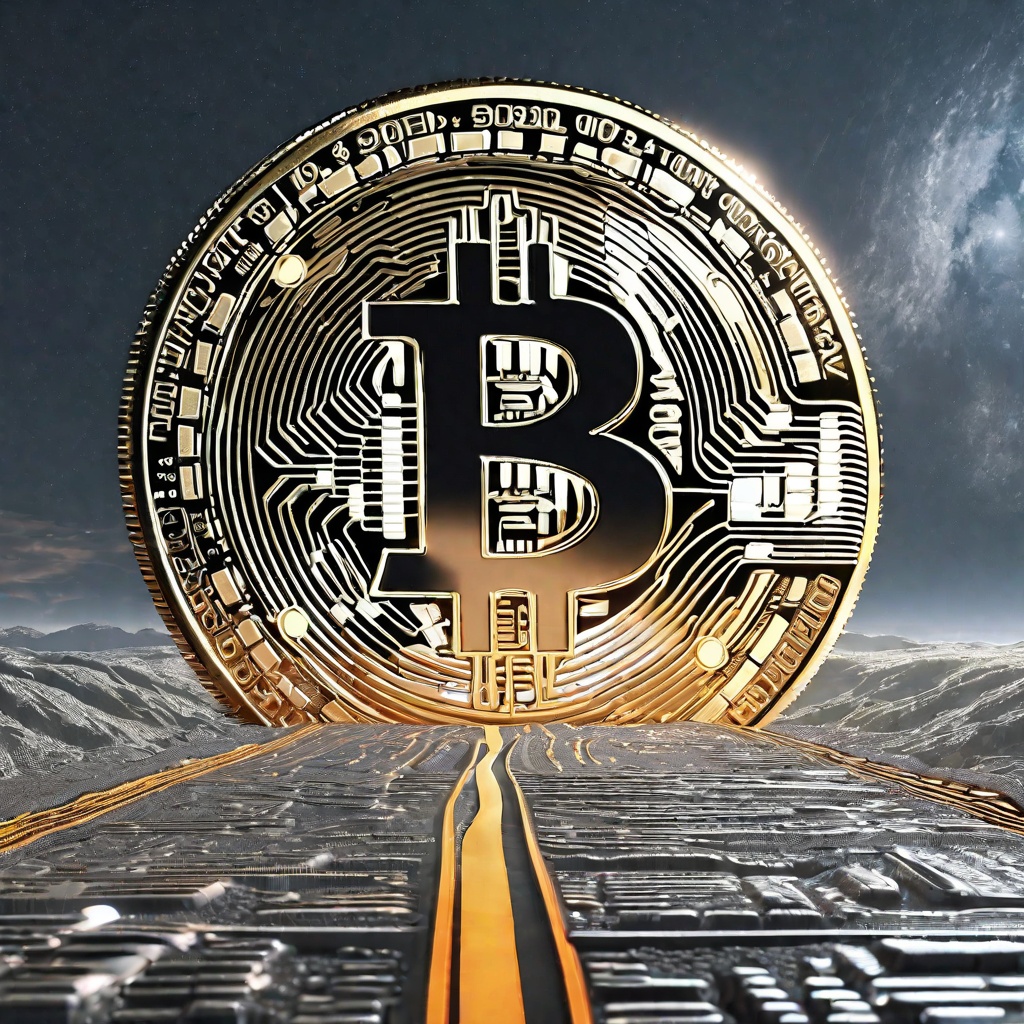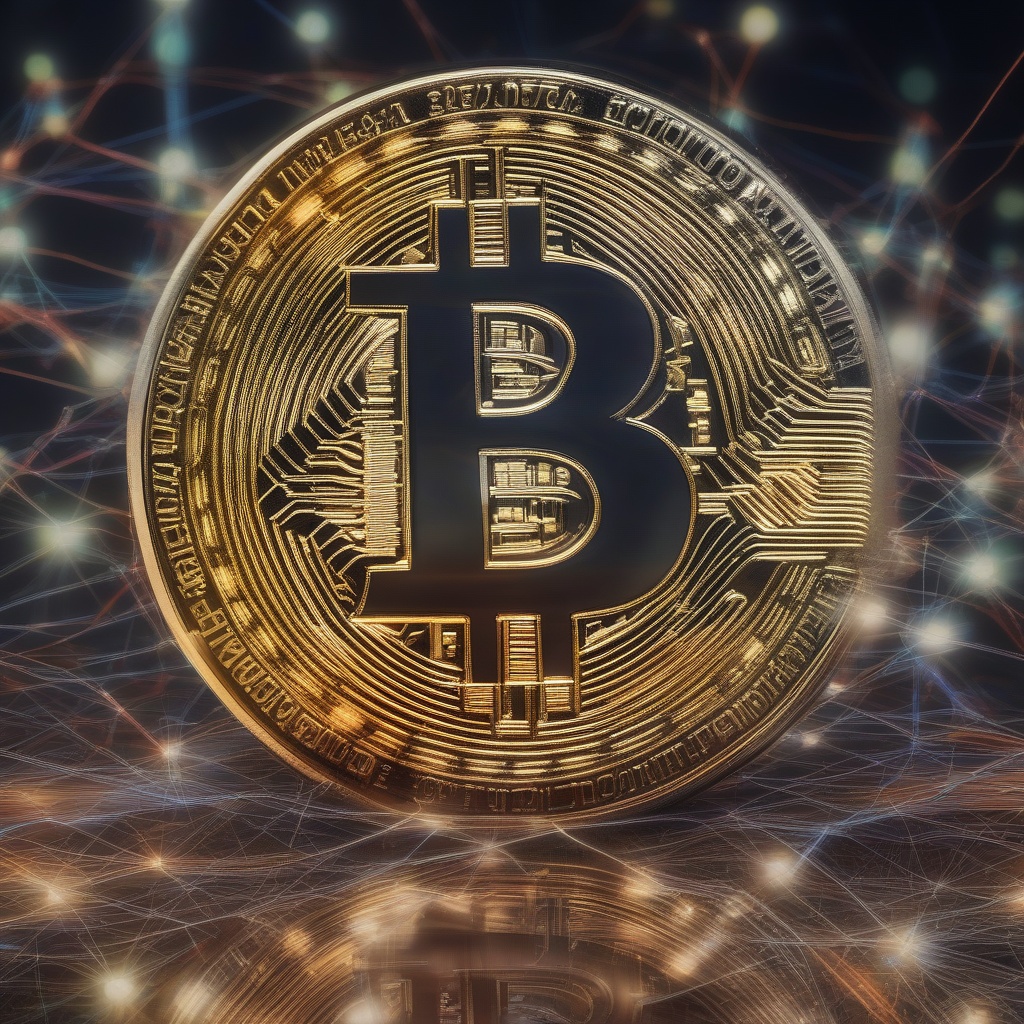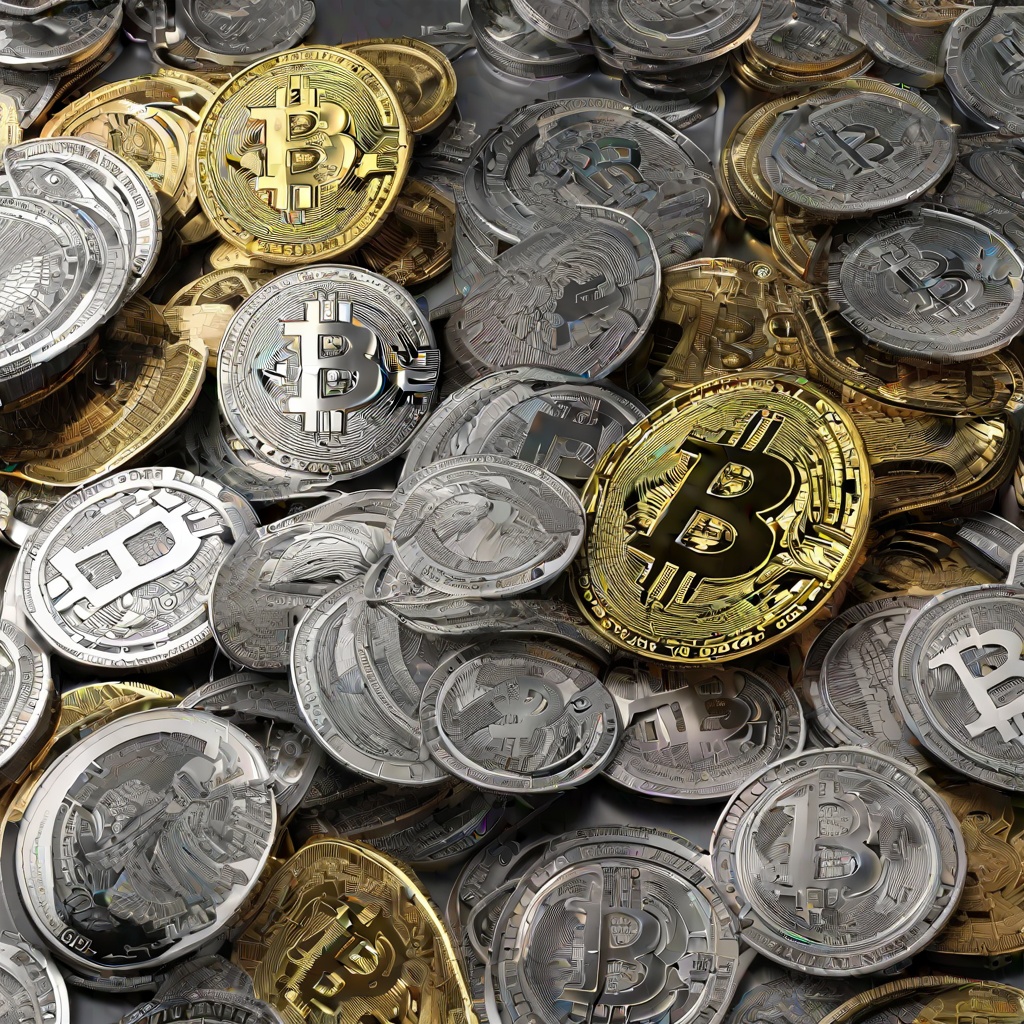Is the Binance Smart Chain safe?
Considering the growing popularity of the Binance Smart Chain, many investors and users are wondering: Is the Binance Smart Chain safe? This blockchain network, designed for decentralized finance and smart contract capabilities, has seen a surge in adoption in recent times. However, with the rise in popularity, concerns about security also arise. So, let's delve deeper into the question: Can users trust the Binance Smart Chain with their assets and transactions? Are there any vulnerabilities or past incidents that users should be aware of? Understanding the safety measures and potential risks associated with the Binance Smart Chain is crucial for making informed decisions in the world of cryptocurrency.

What is a bep20 token?
So, let me get this straight - you're asking about BEP-20 tokens, right? Well, in the world of cryptocurrency, BEP-20 is a token standard that was developed specifically for the Binance Smart Chain (BSC). It's essentially a set of rules that guide how tokens on BSC should be created, issued, and managed. So, when you hear about a BEP-20 token, it means that it's a digital asset that follows this standard and is designed to operate on the Binance Smart Chain. Got it? Any other questions?

What is the secret network in Binance smart chain?
Could you please elaborate on the concept of the "secret network" within the Binance Smart Chain? I'm curious to understand its purpose, functionality, and how it differs from other components of the BSC ecosystem. Is it a specialized layer for privacy-preserving transactions, or does it serve a different role entirely? Additionally, how does it integrate with the broader BSC infrastructure, and what are the benefits for users and developers alike?

How to bridge to Binance Smart Chain?
Are you looking to bridge your assets to Binance Smart Chain? It's a popular choice for decentralized finance (DeFi) enthusiasts and traders alike, thanks to its fast transaction speeds, low fees, and robust ecosystem of decentralized applications (dApps). But how exactly do you make the leap? Well, there are several methods to bridge your assets to Binance Smart Chain. One popular way is to use a dedicated bridge service, such as Binance Bridge or AnySwap. These services allow you to convert your assets from one blockchain to another in a secure and efficient manner. Simply connect your wallet, select the assets you wish to bridge, and follow the prompts to complete the transaction. Alternatively, you can use a decentralized exchange (DEX) that supports cross-chain swaps. Many DEXs now offer this feature, allowing you to swap assets from one blockchain to another directly within the exchange. Just be sure to choose a reputable and well-established DEX to ensure the safety of your funds. Whichever method you choose, it's important to carefully research and understand the process before proceeding. This will help ensure that your assets are transferred safely and securely to Binance Smart Chain.

What are BSC cryptos?
Can you explain what BSC cryptos are? I've heard about them but I'm not entirely sure what sets them apart from other cryptocurrencies. What makes BSC cryptos unique and why are they gaining popularity in the market? Are there any risks associated with investing in BSC cryptos that investors should be aware of? How does their underlying technology work and what are the potential benefits and drawbacks of using BSC cryptos?

